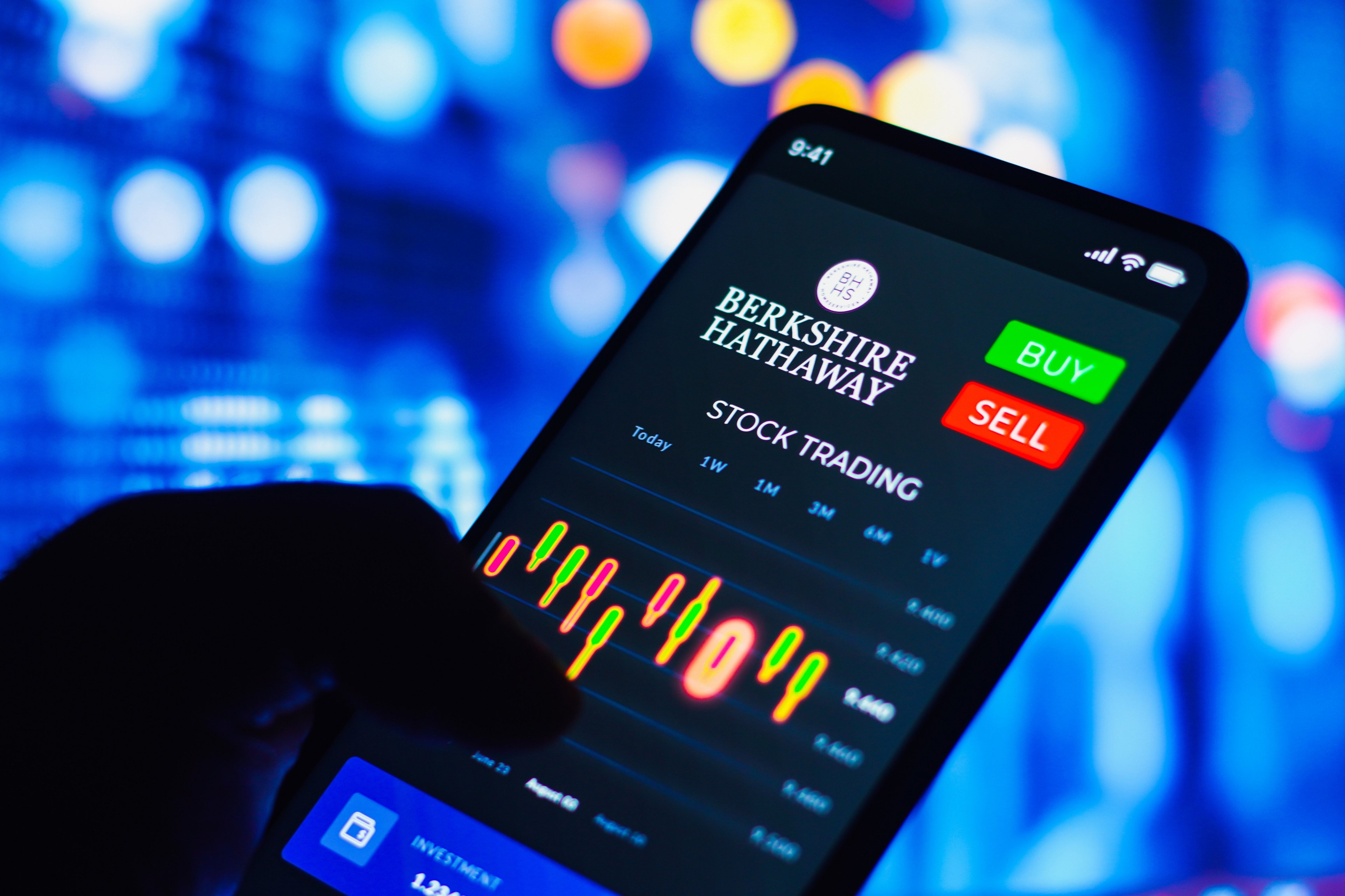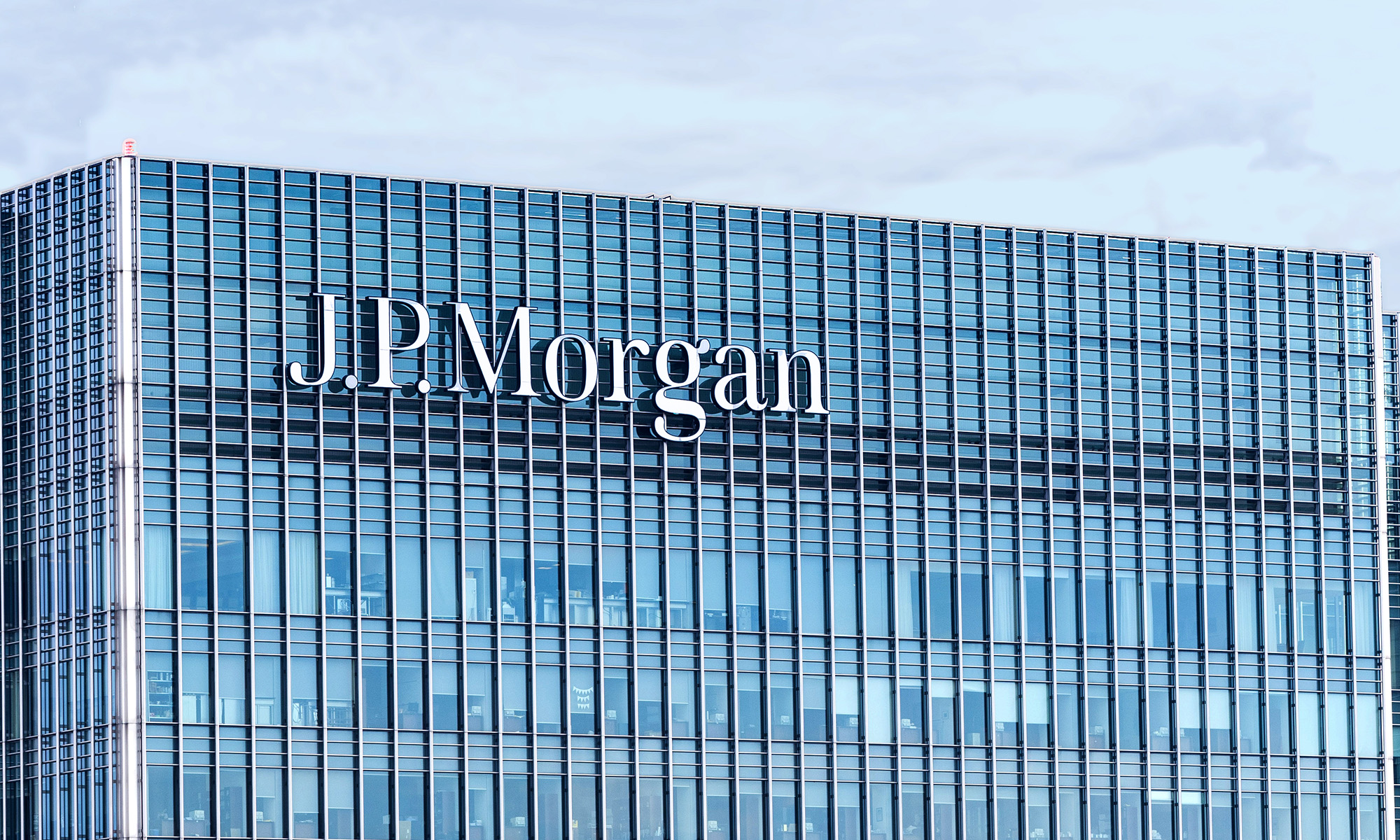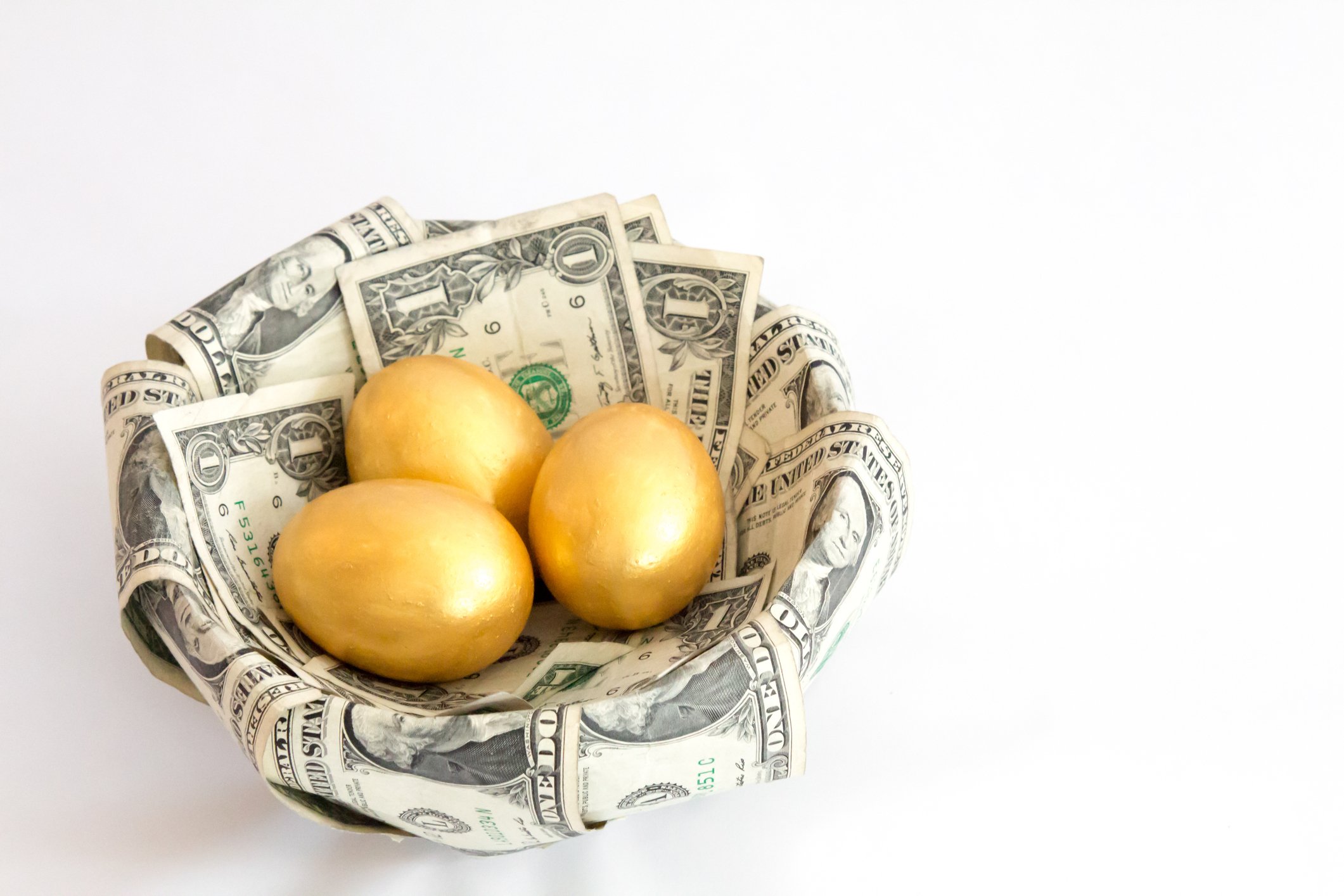The Federal Reserve has raised the federal funds rate five times since 2015, and more hikes are expected in 2018. In this clip, Michael Douglass and Matt Frankel discuss what this means to you as an investor.
A full transcript follows the video.
This video was recorded on Dec. 18, 2017.
Michael Douglass: Story No. 2: Interest rates. Because, of course, it ties right into the Fed. The Fed increases interest rates when the economy is doing well, so they control inflation. Of course, they tend to drop interest rates when the economy needs a little bit of an extra nudge. The Fed has raised interest rates three times this year, and it's now going to be up to a range between 1.25% and 1.5%. And they have signaled three more interest rate increases next year, two in 2019, and two more in 2020.
Matt Frankel: That's really the key story. The interest rate hike that just happened and the few that have already happened to this year were pretty expected. There were no big surprises anywhere. The real thing that can move markets is what the Fed expects to do in the future. For example, if we wind up getting four rate hikes next year instead of three, things like that could really move the market, because these tend to be priced in ahead of time. One of the key sectors this could move is banks, which tend to profit more when interest rates get higher. And the stock prices from an investment standpoint are based on what the market expects to happen. Right now, for example, we're expecting three interest rate hikes next year, two more in 2019, and two more in 2020. This is somewhat reflected in stock prices right now. If we get surprises, that's when you're going to see changes.
Douglass: Yes. Also, it's worth noting, we're in a historically low interest rate environment, even right now, even with this year's three increases. And that's been because the global economic recovery and the U.S. economic recovery have looked, in a lot of ways, pretty fragile. But Janet Yellen, at her most recent press conference, gave us this quote. She said, "The global economy is doing well. We're in a synchronized expansion. This is the first time in many years we've seen this." I think, if you're concerned about the American economy -- and I suspect that if you're listening to this or if you're anyone in the world, you're probably concerned about the American economy, given how much of a driver of the global economy it is -- that's good news, and that speaks well to the overall global recovery. I think one of the other things that's worth noting is, this historically low interest rate environment is likely one of the reasons we've seen so many acquisitions in the last few years. A lot of folks are locking in low interest rate debt while they can. And frankly, also because the economy hasn't been doing that well, in a lot of ways, one of the easier ways to get growth has been to buy it.
Frankel: Yeah, definitely. Like you said, this is more of a normalization than it is interest rate hikes. You've also seen companies in a rush to refinance existing debt for this reason, to take advantage of the low environment. And the recovery has looked kind of fragile recently, but not over the last year or two, which, to tell you the truth, kind of makes me nervous as an investor, that things aren't looking like we need to maintain quite as much. But, generally, this is good for banks, bad for high-dividend stocks, and bad for anyone who wants to take on debt as interest rates are rising.
Douglass: Right. The reason this is bad for high-dividend stocks is because those dividends come with some risk. When interest rates increase, bond rates also increase, meaning that, let's just say, for example, you have a stock that yields 5%, and you're in that stock for 5% because bonds are all yielding lower than that. Well, if bonds suddenly started yielding 6% or 7%, then from a stock-price standpoint, it's not going to be so great for those dividend stocks, as many of their income investors flee to bonds. But, from an underlying-business standpoint, and I think this is the key investing takeaway for any Foolish investor, that doesn't matter. What really matters is what this is going to do to underlying businesses. This is going to be great for banks, as you pointed out, Matt. They're going to be able to arbitrage more effectively the higher interest rates are. We'll all see, hopefully, our savings account yields increase a little bit -- won't be by nearly as much as [banks] are increasing yields on their loan book, so they'll be doing just fine. It's going to be a little bit troublesome for REITs (real estate investment trusts), which basically take on a lot of debt so they can purchase properties and lease them out. You're probably going to see them suffer, and their spreads narrow, and therefore their businesses be a little bit more threatened. And of course, as you noted, any business looking to take on a lot of debt or that has a lot of variable debt could also be affected.





